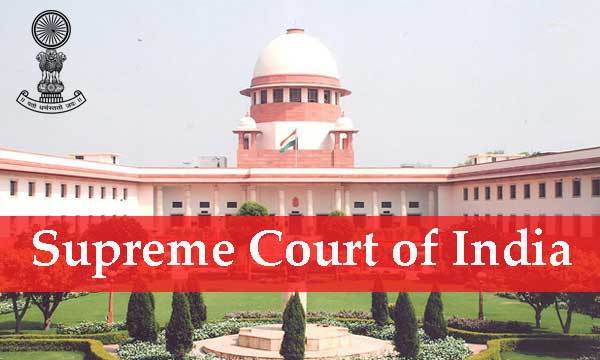- The Supreme Court recently, termed the continued use of Section 66A of the Information Technology Act, 2000, by law enforcement agencies of various states — despite the provision being struck down by the court in 2015 — as “a shocking state of affairs” and sought a response from the Centre.
- A bench of Justices R F Nariman, K M Joseph and B R Gavai issued notice to Centre on an application filed by NGO, ‘Peoples Union For Civil Liberties’ (PUCL).
- Section 66A had prescribed three years’ imprisonment if a social media message caused “annoyance” or was found “grossly offensive”.
What Section 66A says?:
“Any person who sends, by means of a computer resource or a communication device
(a) any information that is grossly offensive or has menacing character; or
(b) any information which he knows to be false, but for the purpose of causing annoyance, inconvenience, danger, obstruction, insult, injury, criminal intimidation, enmity, hatred or ill will, persistently by making use of such computer resource or a communication device,
(c) any electronic mail or electronic mail message for the purpose of causing annoyance or inconvenience or to deceive or to mislead the addressee or recipient about the origin of such messages, shall be punishable with imprisonment for a term which may extend to three years and with fine.”
In 2015, in a landmark judgment that expanded the contours of free speech to the Internet, the Supreme Court struck down Section 66A, calling it “open-ended, unconstitutionally vague” and for “being violative of Article 19(1)(a) and not saved under Article 19(2).” Article 19(1)(a) gives people the right to speech and expression whereas 19(2) accords the state the power to impose “reasonable restrictions” on exercise of this right.
Appearing for the central government, attorney general KK Venugopal sought to explain why Section 66A is still being used despite being scrapped. “On perusal of the IT act, it can be seen that Section 66A features in it but in the footnote, it is written that the section has been scrapped. So, now when a police officer has to register a case, he sees the section and registers the case without going through the footnote,” Venugopal said. On a possible solution, he said what can be done is placing a bracket after Section 66A mentioning it has been scrapped and put the entire extract of the verdict in the footnote.


